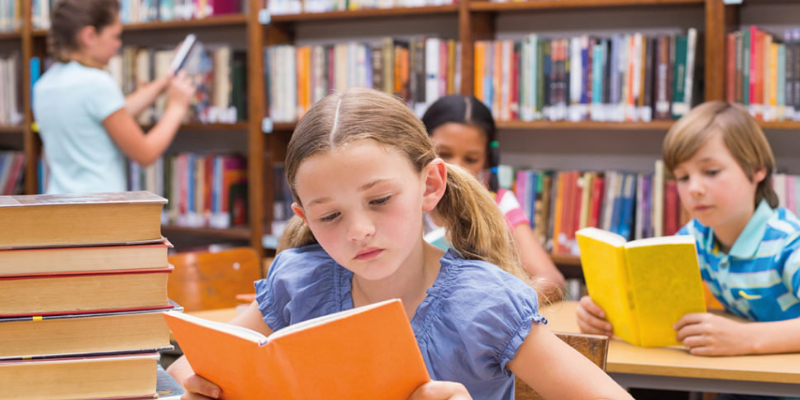
Reading is more than an academic skill available to learn for ALL children in the UK. It is a life skill!
Imagine life without the ability to read. Imagine how poor and limiting life might be when reading is less than fluent. Yes, people manage – keep up – get round things (with tv, computers and radio).
I remember a friend’s ex-boyfriend could barely read. Nobody noticed at first, he’d do things by habit; order the same old favourites if we went out (think student budget, which meant burgers, chips, pizza, chow mein right!) But he had a job as a youth worker and when he had to go on a course, he became moody and short-tempered. Increasingly so as the date of the course got closer, which is when he eventually told my friend that he couldn’t read. I’m not proud of myself, but at the time, I did see him a bit differently after that – couldn’t understand how anyone of his age had slipped through the system like that. There's much shame and low self-worth that goes hand in hand with people's judgements (even well-meaning people and I include myself). He wanted to be a social worker, but didn’t know where to start. It was just a pipedream for him.
Anyway this may seem like an extreme case and probably is, however, reading fluently allows children to confidently and effectively access ALL other subjects and learning. If they don’t, children are very resourceful and creative, so they come up with many ways of avoiding their difficulty, (if they are having difficulty with reading).
There’s two types of reading, one is reading aloud which is assessed according to a person’s ability to decode text; read without stumbling or hesitating; use proper intonation and expression. The other type of reading is silent reading which involves being able to read more than just word by word. The reader is expected to be able to read without mouthing or saying the words out loud, while visually taking in and comprehending more than one word at a time.
Many children who are thought to be fluent readers aren't as fluent as they seem when it comes to silent reading because, although they are reading the text at a good pace and mechanically without trouble, they aren't gaining comprehension of what they are reading. This is often demonstrated by the child who reads a book with ease but is unable to explain what the story was about or answer questions about it.
Improved reading can mean increased thinking skills in the following ways:
‘…early reading experiences give them [children] a toolbox filled with what they need to comprehend…new information.’